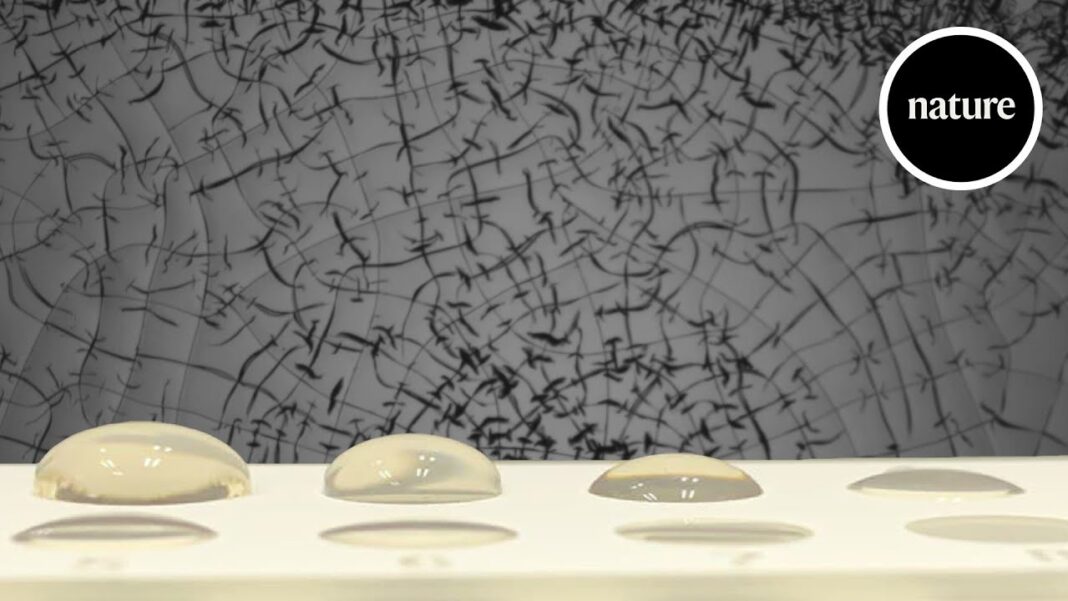The defense is arguing that prejudicial statements related to the former president’s official acts in office were presented by the district attorney at trial.
New York Supreme Court Justice Juan Merchan on July 2 delayed the sentencing of former President Donald Trump “to September 18, 2024, at 10:00 AM for the imposition of sentence, if such is still necessary, or other proceedings.”
The parties had requested permission to argue over the impact of the U.S. Supreme Court’s July 1 ruling on presidential immunity, and the judge granted the requests. The defense has a July 10 deadline to file a motion and prosecutors have a July 24 deadline to file a response. The judge also granted a separate request by prosecutors to submit a recommendation for sentencing.
Attorneys for former President Trump are moving to throw out the New York criminal trial, while prosecutors say they believe that the argument has no merit.
“The verdicts in this case violate the presidential immunity doctrine and create grave risks of ‘an Executive Branch that cannibalizes itself,’” defense attorneys wrote in a July 1 letter to the judge, seeking permission to file a motion to throw out the verdict by July 10, one day before the scheduled sentencing hearing.
In New York, former President Trump was charged with 34 counts of falsifying business records in the first degree, and a jury returned a guilty verdict in May. The records that were found to be falsified were created in 2017, while President Trump was in office, although his attorneys are not arguing that President Trump’s signing of The Trump Organization checks were official duties.
Argument Over Official Acts
In March, defense attorneys moved to limit the scope of evidence in the New York case to exclude the president’s official acts. Justice Merchan had denied the motion as “untimely,” doubting the defense’s good faith basis. The judge found that the defense could have filed the motion when it sought to remove the case to federal court, by the deadline for motions to limit evidence used at trial, or when it sought to dismiss the former president’s federal criminal case in the District of Columbia based on presidential immunity.






